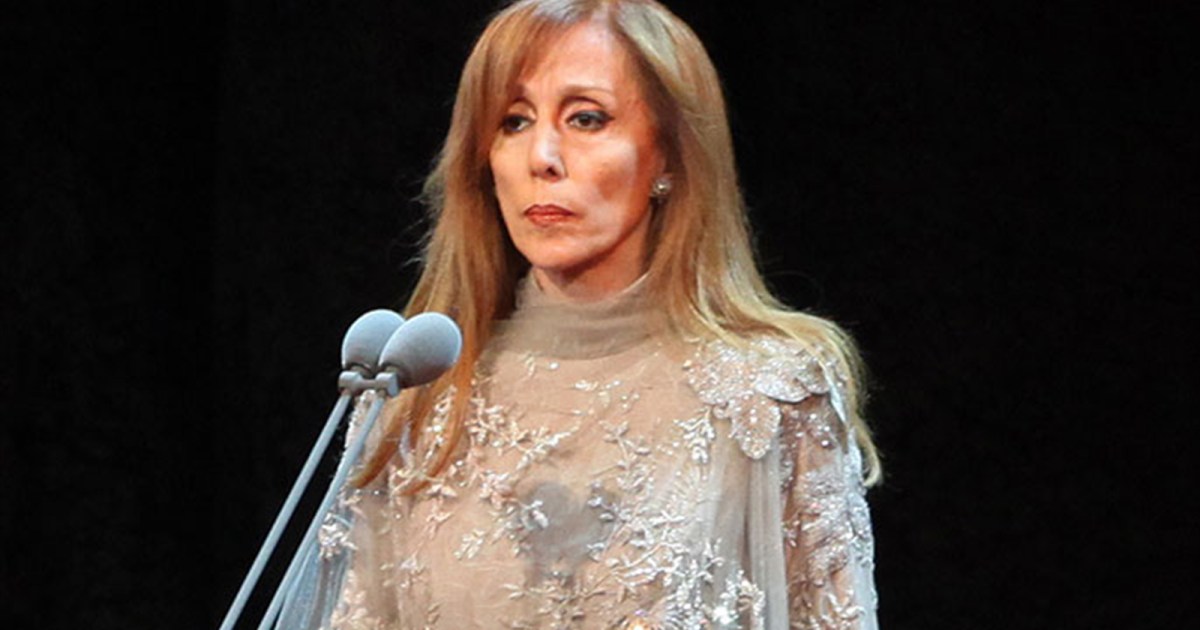Today is the birthday of the flower of singing "Fayrouz", the neighbor of the moon, who sang since 1940, that is, she sang for about 80 years now, and was able to stand alone and distinguished in an era owned by Umm Kulthum and did not compete or try to prove herself, as she was on a planet of her own .
Fayrouz, who enters the homes of millions of people with about 800 songs, with the emergence of the sun every new day, whether with solo songs or with her famous singing plays, and today Nihad Rizk Wadih Haddad (famous for Fayrouz) completes the year 85.
The beginnings of the pre-Rahabena
, Fayrouz started as a choral singer on the radio in 1940, and there the brothers Felifel paid attention to her, and they added her to their group, and she sang only patriotic songs, until the year 1950 when she got acquainted with Halim Al-Roumi, and she sang her first personal songs entitled "You left my heart and obeyed my love." And cooperated for a long time in a number of distinctive songs, and also participated in singing "Asheik Al-Ward", but until this period she did not get enough success, and no one was able to highlight her angelic voice.
Rahbanah and the longest cooperation
Halim Al-Roumi was the beginning of the acquaintance between Rahbaniyah and Nihad, as he saw that her wonderful voice was appropriate with their songs, especially since they only had a "choir" without a main singer, and Fayrouz quickly joined them to present the song "Sunset", hence the beginning.
From songs to plays, where the Rahabneh relied on reintroducing the Lebanese lyrical heritage, local folklore, and the "village" life, or the countryside and its simple problems, and with Fairuz's voice, which is unlike anyone else, these songs are no longer local, but moved to the entire Arab world, reaching every home, And from the Middle East to the West.
In the sixties, Fayrouz went out to the world by herself and not just with her voice, as she appeared in concerts in Syria, Egypt, Tunisia, Morocco and the Emirates, and then arrived in Europe and America.
And from the two Rahbani brothers, Fayrouz moved to another generation from Rahbaniyah, through her son Ziad Rahbani, who is her son from her husband Assi Rahbani, who naturally took an interest in world music for many years, and when his father had a brain hemorrhage, he composed the song "They ask me the people", while he was in 17 years old, to start a new chapter in Fayrouz's career.
From folklore to world music,
one of the difficulties that Fairouz suffered from in her singing career is the attempts of the Rahbani brothers to imprison her in rigid musical frameworks, which she has already launched into the world, but maintaining success is not as easy as reaching it, as Fairouz wanted to renew and experiment with her voice in cultural and artistic solutions. Different.
But the conflict ended naturally at the hands of her son Ziad, whose musical tastes and trends were different from those of his father and uncle. He was a lover of Western and Eastern music of all kinds. Therefore, since the mid-seventies, and in her entire singing "albums", we notice a clear difference in the form of the songs. And its qualities, such as "How are you" and "I loved you forgot sleep."
Here we notice a difference in the quality of the musical instruments used in the melodies of Fayrouz's songs. After the eastern instruments from the old takht, we find the western instruments and the unusual distribution.
Although some did not initially accept this major change in the style of "turquoise songs", her voice and the quality of the songs were the highest among all critical voices, opening the door for further renewal of Fayrouz's voice, and she writes a new chapter in her history.
But all this innovation was not enough for Ziad, for in the next stage he turned to world music, and selected melodic melodies that fit his mother's voice, then he reconstructed lyrics to this music, highlighting wider and more different spaces between it and the older Fayrouz songs.
Perhaps if there was no Ziyad in Fayrouz’s march, she would have suffered the same problem that afflicted the march of the female singers of her generation, who have been associated with the composers themselves for a long time, Korda and Baligh Hamdi, Fayza Ahmed and Muhammad Sultan, as the repetition of the same melodies and the same singing styles, but this renewal in the blood of Fayrouz’s songs led to diversity Make every era in its history different from the other.
Multiple generations of lovers
It's hard to imagine a singer keeping so many fans over long decades of singing;
There are generations that were born and ended, and Fairouz still singing, and younger generations appeared with a taste that was more youthful and different, but still maintained their position among them.
This means that the “neighbor of the moon” betting on permanent renewal not only made her always on the scene, but also kept her from becoming the monopoly of one generation, and she became loved by all generations.

